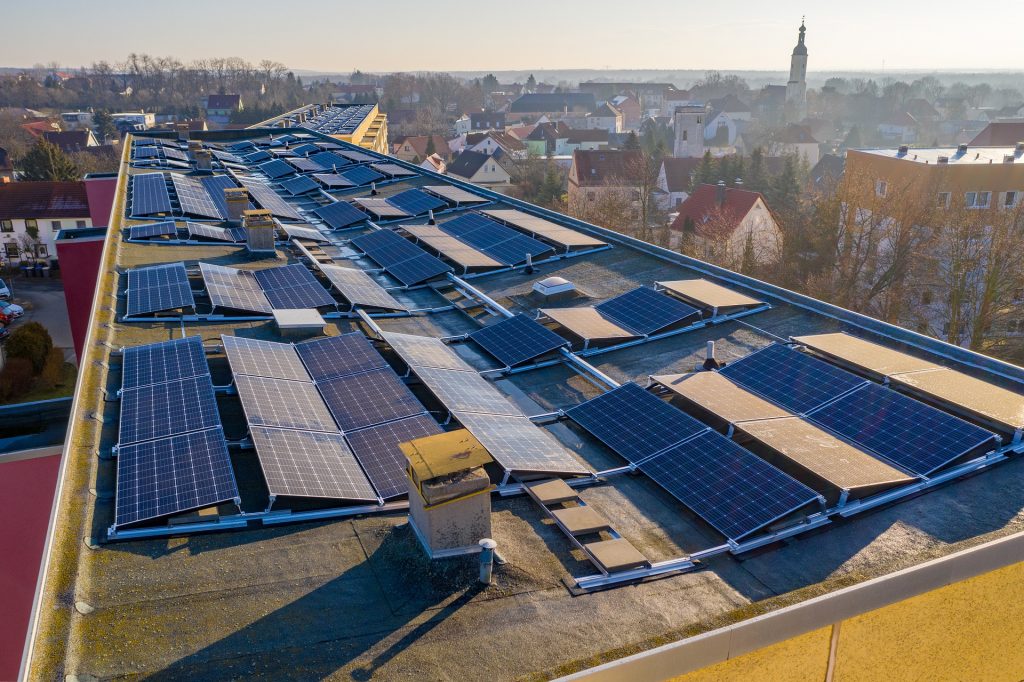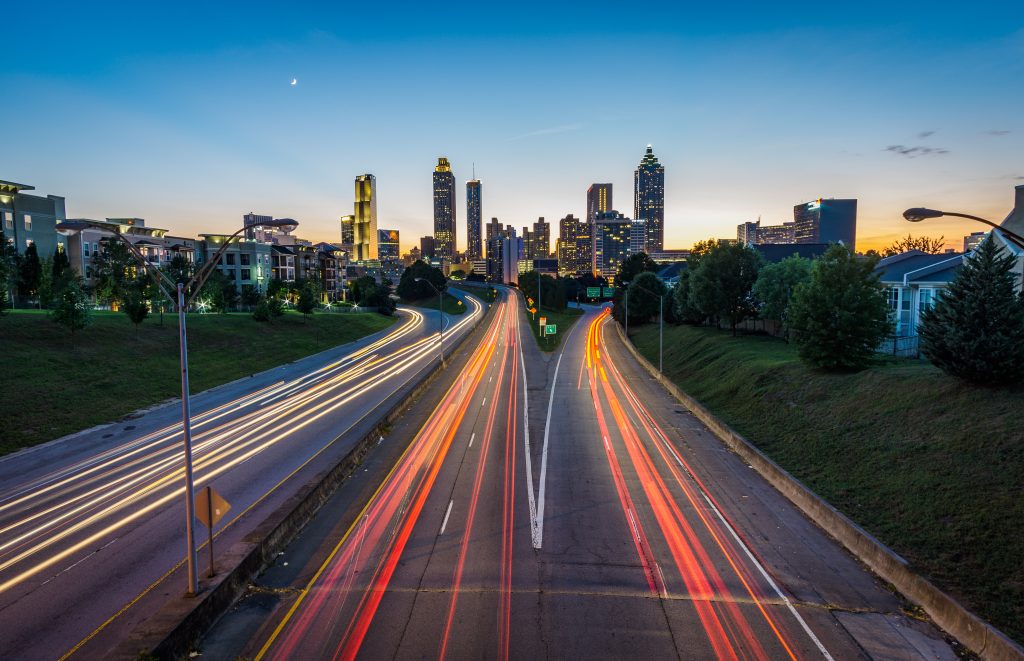Cities consume about 75% of the world’s energy and produce 80% of global GHG emissions. As a result, climate change, energy security and local air pollution are among the major concerns of the 21st century. As cities are the primary cause of such environmental and social problems, they should bear the cost and the efforts in this urgent energy transition.
In this scenario, smart cities are taking the lead to renew the sector with a twofold strategy: by investing in innovations at home, building and district levels; and by encouraging tenants to opt for green and self-generated electricity.
The smart city project MAtchUP is implementing and testing this double approach in three city districts.
The project is particularly keen to invest in solar power, and it is introducing new business models with flexible tariffs to get tenants on board. In people’s homes and in buildings, sensors and energy displays are being installed to help occupants monitor and reduce their energy use. And along the streets, LED and adaptive lighting are now replacing conventional lampposts. In some places, so-called humble lampposts that can recharge e-vehicles are also springing up. For districts, heating networks are being tested on how to integrate renewables and bring warmth to households.
MAtchUP strongly believes that investing in renewable energies while changing people mindsets is the correct recipe to facilitate the energy transition.
This change in the approach to energy shows users that clean electricity is within everyone’s reach and that it can work out cheaper for them. By sharing knowledge and innovation about wiser energy use, MAtchUP will make cities both safer and cleaner.
Cover photo by Pixabay


